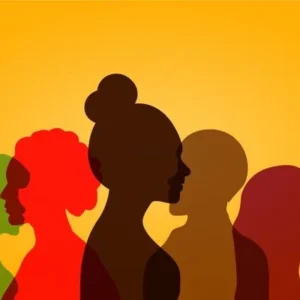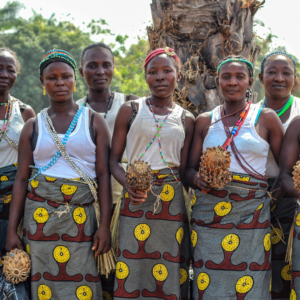The UN Secretary-General’s annual report on Women, Peace and Security (WPS), released on Monday, reveals that despite global commitments, women continue to be largely excluded from peace processes. The report underscores the vital role women play as peacemakers and how conflicts disproportionately affect them. UN Women Executive Director Sima Bahous highlighted the urgent need for tangible action, noting that women are being killed in record numbers, excluded from peace tables, and left unprotected as wars intensify. She emphasized that women no longer need promises but power, protection, and equal participation.
Marking the 25th anniversary of the landmark Security Council resolution 1325, the report reflects on the progress made since the international community first recognized the importance of women’s participation in conflict prevention and peacebuilding. Examples from countries like Colombia, Liberia, and the Philippines demonstrate that women’s involvement leads to more sustainable peace agreements. However, the report also points out that progress remains uneven, and the lack of adequate funding continues to hinder the full implementation of the WPS agenda, particularly for women-led organizations operating in conflict zones.
Despite their proven capabilities, women remain underrepresented in formal peace processes. Between 2020 and 2024, women accounted for only seven percent of negotiators globally, with almost 90 percent of peace talks excluding women altogether. While women’s participation in mediation roles averaged 14 percent, two-thirds of all mediation efforts still lacked female representation. UN Secretary-General António Guterres warned that while some advances have been achieved over the past 25 years, they are fragile and increasingly at risk of being reversed.
The report also highlighted the worsening impact of conflict on women and girls. Civilian casualties among women and children have quadrupled compared to the previous two years, and incidents of sexual violence have increased. Many women’s organizations working in affected areas are being forced to reduce or cease operations due to insufficient funding. UN Women officials described these trends as “unfulfilled promises,” warning that decades of progress on women’s rights could be undone. The report calls for binding targets and quotas to ensure women’s participation, stronger accountability for gender-based crimes, and sustained funding for women-led initiatives. It concludes that empowering and resourcing women’s organizations is essential, as their leadership makes peace more achievable, recovery faster, and societies stronger.





